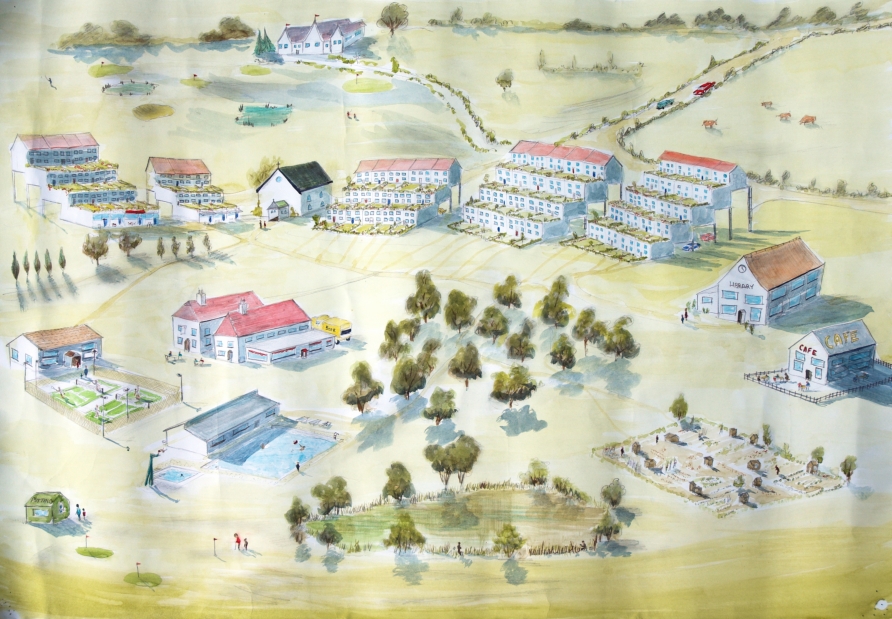|
|
Community Land Trust, Fourth option for housingWe have owner occupier, rented and shared ownership. If you pay a rent, it never ends. Shared ownership means one can buy up to 80% of the property, which can be sold on the open market, this means it is not affordable for the next generation.
For a number of years it would appear that people believe house values are the only thing that matters; and they must keep going up. Most people know this can’t happen, but somehow all government bodies delay the fall, well, now it has happened.
We have huge individual debts, family breakdown, crime and mental depression in our communities, businesses have closed down to become brown field sites creating more job losses. We should be addressing these issues before they begin.
Whilst it is important to have ones own space, people do need the company of others and a revised layout and design is needed. This would mean all development land could be passed over to a community trust and a rental would be paid to the owners. Income from agricultural land at this time would be about £500 an acre. If one doubled this to £1000 an acre it would not be unreasonable or the possibility of paying 25 years up front. The trust would oversee development. Developers would be instructed to build houses for around £80,000. These would be sold at cost, plus ground rent, to the people with a priority need in the district, with a restriction that one may only sell back to the trust.
We are not suggesting every new development will be community based. Individual homes could be built under the fourth option.
Let’s build a peoples palace.
Election 1995, has anything changed?
|

Also view: Campaign for Change
| email: info@the-democratic-link.co.uk |







